|
9/16/2019 over S$130,000 RAISED for Wildlife Conservation & FEMALE Empowerment in North KenyaRead Now Singapore, 16 September 2019 – The Africa Society of Singapore and HER Planet Earth have joined forces to raise awareness and funds for projects supporting wildlife conservation and female empowerment in North Kenya. Via a sparkling 200-person private ball at the Grand Hyatt Hotel in Singapore on 14 September 2019 - which featured the work of celebrated Photographer David Yarrow - and an all-female expedition to North Kenya, due to kick off this October, the partnership has raised over S$130,000 to date, for Conservation International, a charity that works to protect nature for the benefit of humanity. On 1 October 2019, the self-funded HER Planet Earth team of 16 women from around the world will embark on a pioneering expedition to trek 100km across Northern Kenya's Karisia Hills. The trail has never been attempted before, and will take the team and its safari camel train on a new passage across the mountains. Guided by expert tracker Kerry Glen and accompanied by Samburu or Laikipia Maasai guides, the women will be hikking along tough but varied terrain, including sandy river beds, ancient elephant tracks, old growth forest, plains and hilly peaks. The expedition will range at altitudes from 3,500ft to 6,000ft (or 1,000 to 2,000 metres) and in daily temperatures that could fluctuate between 10 to 30 degrees Centigrade. The women will be up early, before sunrise, walking 5-6 hours every day to reach the next camp and can expect to see big game on the walking safari. The totality of the funds raised by this campaign will go to support a range of projects run by Conservation International in North Kenya, focused on gender equality. These may include the Reteti Elephant Sanctuary - the first community owned and mainly female operated elephant sanctuary in Kenya - the expansion of eco-tourism facilities and the establishment and support of a mobile anti-poaching team for the region. Michael O’Brien-Onyeka, Senior Vice President of Conservation International’s Africa Field Division said, “Conservation International is excited by this remarkable expedition put together by our partner ‘HER Planet Earth’ . It provides a unique opportunity for an adventurous group of women from across the world to connect directly with the rich but threatened mosaic of wildlife, landscape and people in remote Northern Kenya, while supporting a model of community-led conservation that delivers tangible and sustainable benefits including peace and security, enhanced incomes and women empowerment and resilience.” He added: “ We are truly honoured that the communities and women that we work with across Northern Kenya will benefit significantly from the awareness and funds that this exceptional expedition will provide.” Now in its third year of operation, Singapore-based NGO HER Planet Earth, aims to empower women as a way to mitigate climate change. By working with their charity partners to promote gender equality and build more eco-friendly livelihoods around the world, the organisation hopes to help women become more climate change resilient, while making environmental conservation a priority. Over the last few years, HER Planet Earth's expeditions have taken all-female teams sailing to remote islands in the Philippines, climbing in Antarctica, exploring the largest caves in the world in Vietnam, and trekking across glaciers and volcanos in Iceland - all in an effort to raise awareness and funds for these key initiatives. “It is vital that we empower more women to play a central role in decision-making at all levels of society. Only then will environmental sustainability become a true reality,” said HER Planet Earth Founder & CEO, Christine Amour-Levar, who wants to see ‘gender’ at the heart of climate action. Find out more:
About the Africa Society: The Africa Society was founded in 1963 and has for mission to bring members together to celebrate African culture and friendships and African causes. About HER Planet Earth: HER Planet Earth is a global advocacy movement that promotes a deeper connection between women empowerment and the integrity of the environment. The non-profit organisation, which is headquartered in Singapore, aims to inspire more people to become policymakers and agents of change in order to achieve social and economic equity and a healthy and thriving planet. HER Planet Earth organises pioneering and self-funded expeditions around the world to increase awareness of environmental degradation and raise funds for programmes that empower and educate underprivileged women affected by climate change - ultimately helping them build climate change resilience. About Conservation International: For over 30 years Conservation International has worked to protect Nature with cutting-edge science, innovative policy and global reach. Conservation International seeks to break the cycle of the destruction of Africa’s natural capital by contributing to a new development paradigm where growth embraces, not erodes, nature, and where nature is valued, protected and managed for the benefit of human wellbeing. Visit www.conservation.org for more information or contact the Asia Pacific office to find out how you can help Conservation International’s work in the region. Team Profiles: The team of this HER Planet Earth Kenya 2019 Expedition is formed by 16 intrepid women of diverse nationalities and backgrounds. While they are all incredibly well accomplished in their careers, they are equally passionate about protecting the environment and empowering underprivileged women. To read the team bios please click here. Community Conservation and Gender Imbalance: This model of community conservation has changed local attitudes toward wildlife and the team’s journey will take them deep into the very landscapes and communities where CI’s work is done. All funds raised will be used to benefit these local people; to give them a voice and provide a platform for their development of sustainable enterprises and family livelihoods. The ripple effect will extend to education, health, family income and even security, peace and stability. Gender imbalance is a major factor obstructing sustainable development in Africa and poverty is a key factor undermining a girl’s right to education; a cycle that reinforces a large gender gap. Many factors combine to truncate a girl’s education and a young women’s career, limiting the full realisation of her productive capacities. On the other hand, educating a girl means that as a woman, she is then empowered and more likely to participate in development efforts and in political and economic decision-making. Over 50% of the practitioners in the existing production sectors where CI’s Africa programme works are women. They are often marginalised and lack the skills and education to be true agents of change or to be able to influence policy in their favour. Research by the World Bank, UNICEF shows that better educated women have fewer children (the difference between 0 years of schooling and 12 years is almost 4 to 5 children per woman). Further research shows that every additional year of schooling for a girl increases her future earnings by 10 to 20% and that each additional year of schooling for children increases the average annual National GDP by 0.37%. The advantages of girl’s empowerment, therefore, do not stop at the boundaries of a single child, but extend through families, communities, and entire nations. Wildlife Trafficking: The dramatic rise of wildlife trafficking, which has become an annual US$10bn illicit enterprise, now represents one of the world’s four most profitable criminal activities. Wildlife trade follows similar routes and is linked to the same terrorist organizations and organised criminal syndicates that are behind the illegal trade trafficked human beings (as well as drugs and weapons). Community conservation seeks to tackle insecurity holistically by focusing on strengthening community ties and encouraging non-violent conflict resolution. Conservancy rangers gain employment and bring increased security which allows others to benefit from the development of other skills, alternative livelihoods and a connection to new markets. To donate to the mission please visit the team’s fundraising page here. To see pictures of the team’s journey, ‘LIKE’ their Facebook page, follow them on Twitter and Instagram: https://www.facebook.com/herplanetearth/ https://www.instagram.com/herplanetearth/ https://twitter.com/herplanet_earth 9/4/2019 ALL-FEMALE TEAM Treks Across Iceland and RAISES OVER S$50,000 FOR WOMEN AFFECTED BY CLIMATE CHANGERead Now 04/11/2019 A self-funded team of 12 women from around the world trekked across the phenomenal Laugavegur region in Southern Iceland last week, raising over S$50,000 in the process, for underprivileged women affected by climate change. The group under the banner of HER Planet Earth, a Singapore-based NGO that promotes female empowerment and environmental conservation, spent a week traversing one of the most active, volcanic and alien landscapes of Iceland, on the very edge of the Laugahraun lava field, an area originally formed by an eruption in 1477. "We chose Iceland because it is one of the countries already feeling the brunt of climate change. In fact, land in Iceland is rising at an average of 1.4 inches per year in certain areas, as a result of climate change. The melting of the country's glaciers reduces pressure on the land below and allows the surface to rise. This changing geography is another tangible showcase of the effects of global warming," said Christine Amour-Levar, Founder of HER Planet Earth. During the journey, the all-female team hiked over stunning blue glaciers, black sandy deserts and multicoloured mountains. As they made their way to the heart of this geothermal wonderland, they discovered glittering obsidian lava fields, pristine waterfalls and steaming hot geysers with their bubbling sulphuric acid pools. The women camped outdoors throughout the trek and experienced a range of temperatures from beautiful sunny days, to cold, windy and rainy spells with 5-6°C temperatures for the most part. Hiking for about 10 hours per day on average, the team covered close to 80km of undulating mountainous terrain, crossing many freezing rivers in the processes. They experienced an ever changing micro-climate, which culminated in the team's early evacuation on the last day, as 51km/h gale-force winds started battering the mountains, forcing the climbers to seek shelter. What is the issue and why does it matter? In many countries around the world, women are among the most vulnerable to climate change and environmental degradation, partly because women make up the larger share of the agricultural workforce and tend to have access to fewer income-earning jobs. In the past decade, disasters have led to the loss of 700 thousand lives, 1.7 billion people affected and economic losses of USD 1.4 trillion. These effects disproportionately affect women and girls: multiple discriminations mean that women are more vulnerable in crises and post disasters situations. In view of this, all proceeds from the expedition will go to UN Women UK, a charity dedicated to empowering women globally by removing the barriers that prevent women and girls from achieving their potential. The funds raised will be allocated to programmes focused on the economic empowerment of women in rural areas of Asia, notably in Bangladesh, Nepal and Vietnam. This will include safe houses for women and girls in these countries, and will be used to send 70 girls to leadership courses, so that they may be empowered and supported to respond to community challenges. Ultimately, the team wants to use this expedition to highlight that gender often remains the untold story behind climate change. While climate change is a global phenomenon, its effects are felt locally, and poor people suffer the most - among the world’s 1.3 billion poor people, the majority are women. To see more pictures of the team's expedition to Iceland, please click here. To make a donation to the team's fundraising page for UN Women UK, please click here. Expedition Partners: Just Challenge Teammates: Isabella Ma, Enkhtur Maini, Sabina Wong Sutch, Ada Loi, Barbara Fras, Anne Stauffer, Carole Eeckhaute, Erika Switzer-Masiero, Isabelle Valentine, Christine Hart, Jen Abbey and Christine Amour-Levar |
Details
AuthorChristine Amour-Levar Archives
December 2023
Categories
All
|
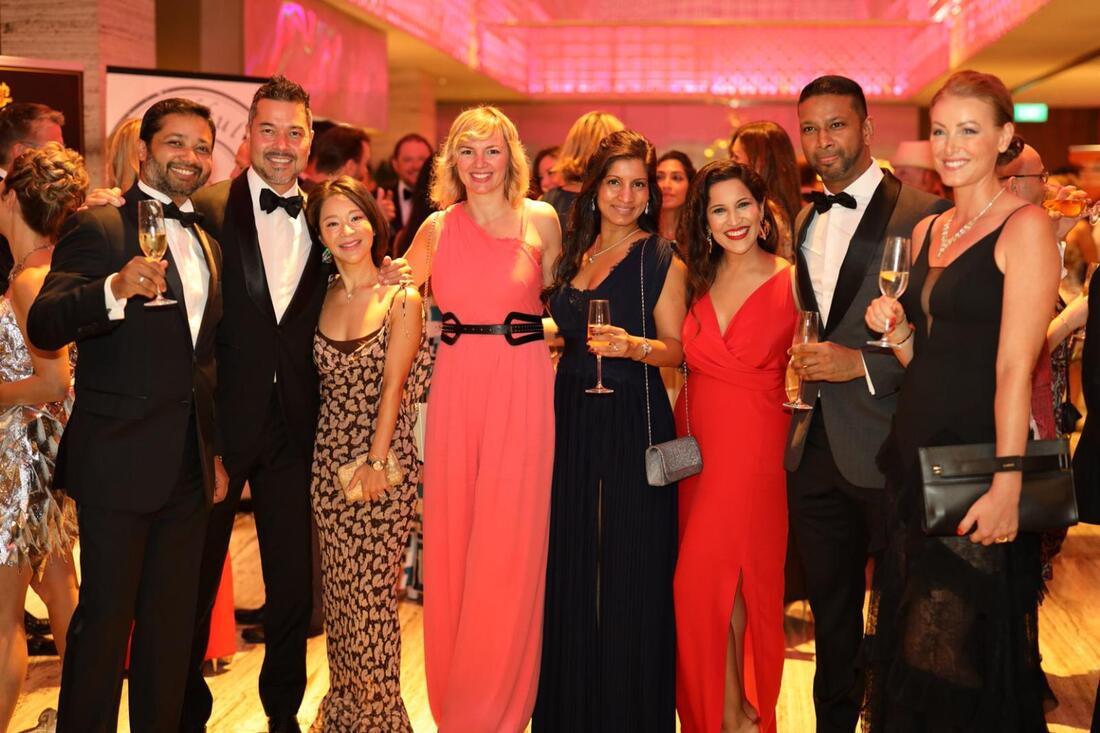
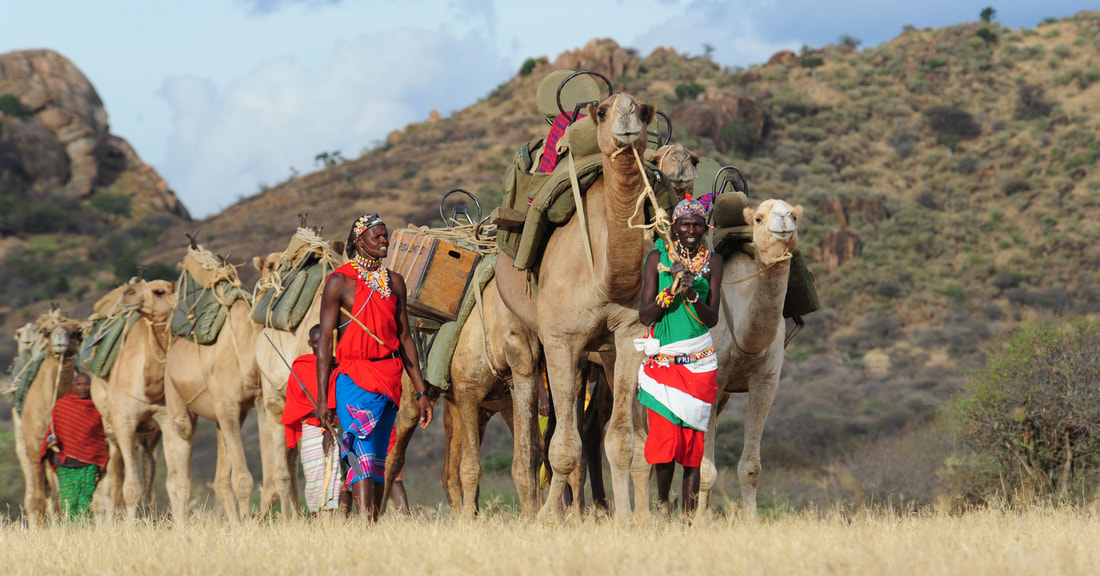
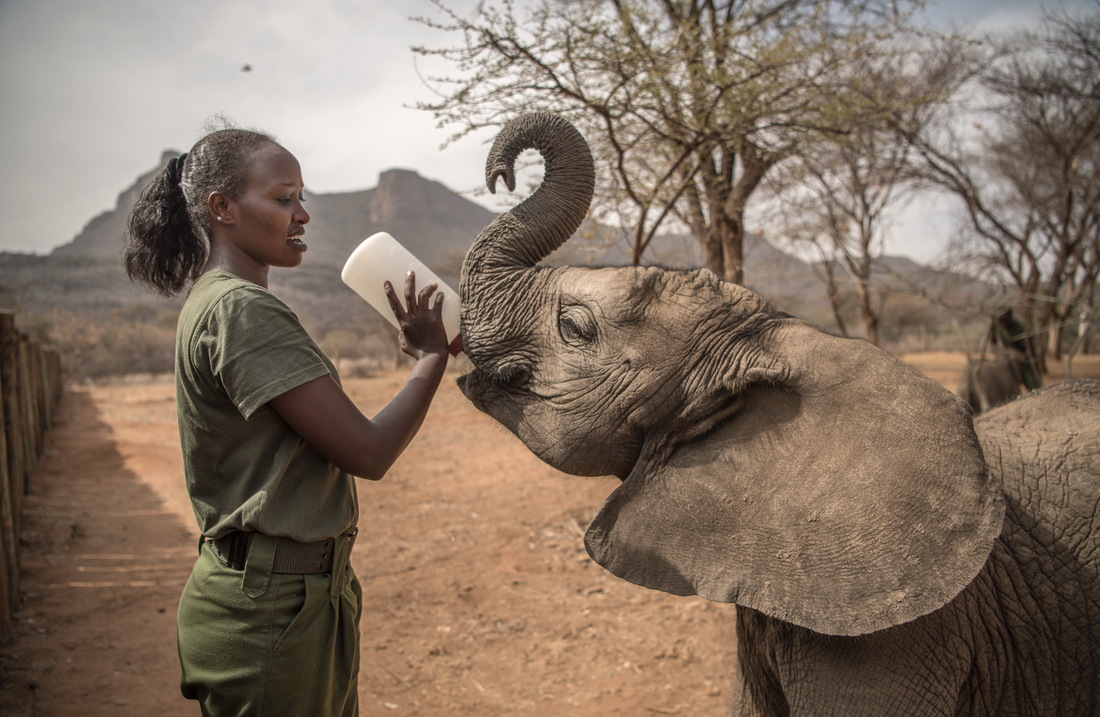
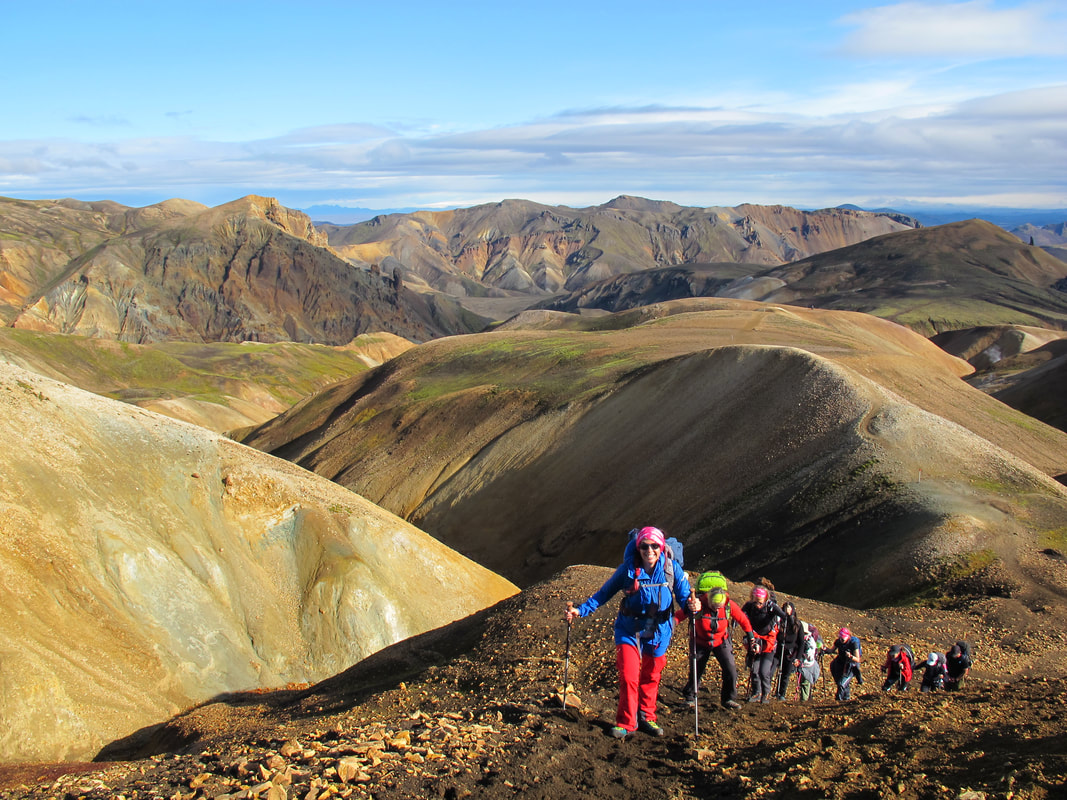
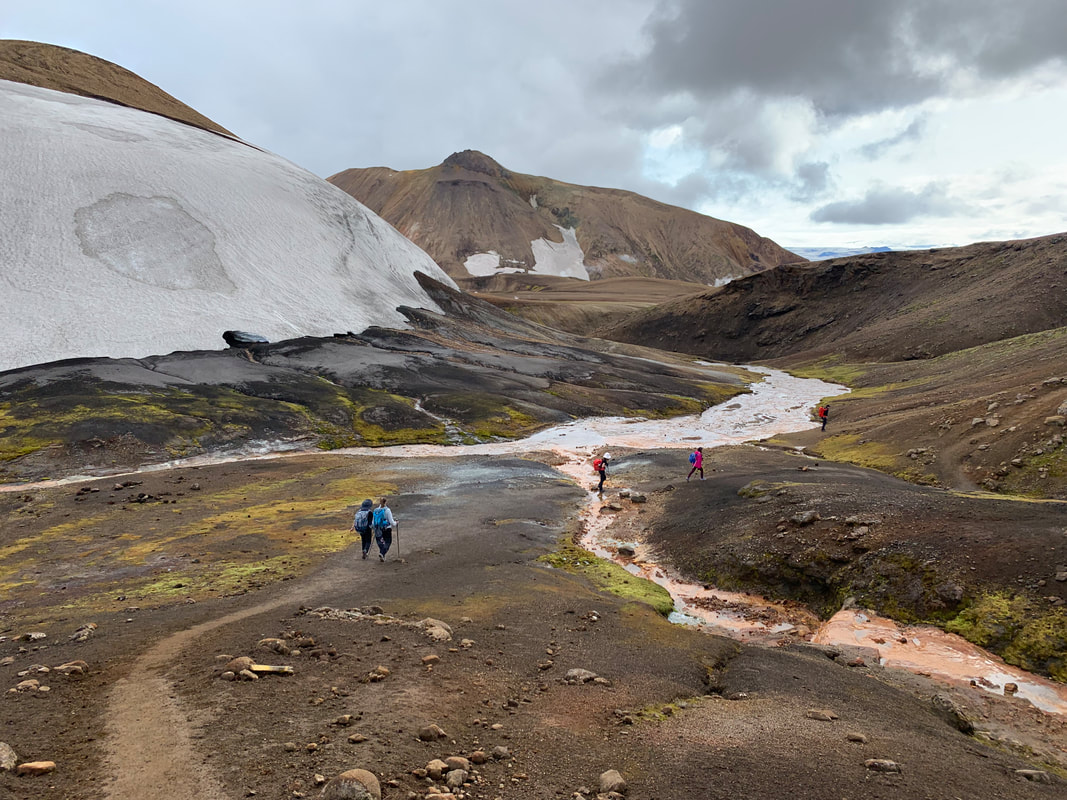
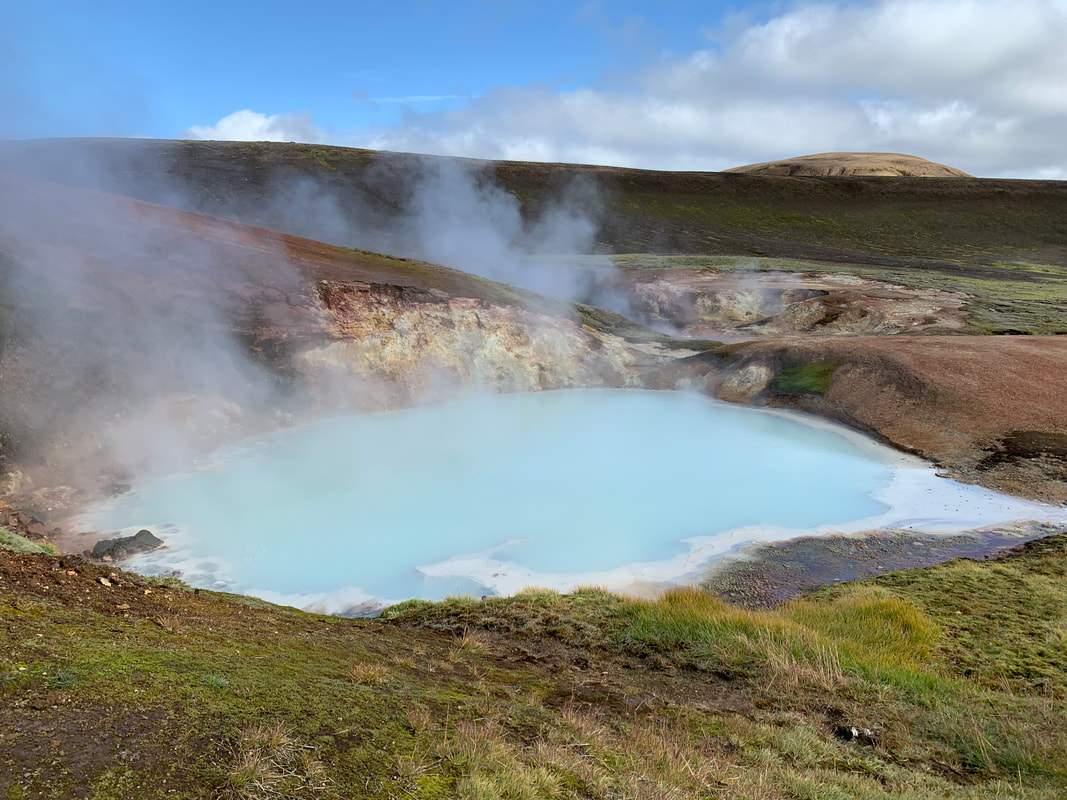
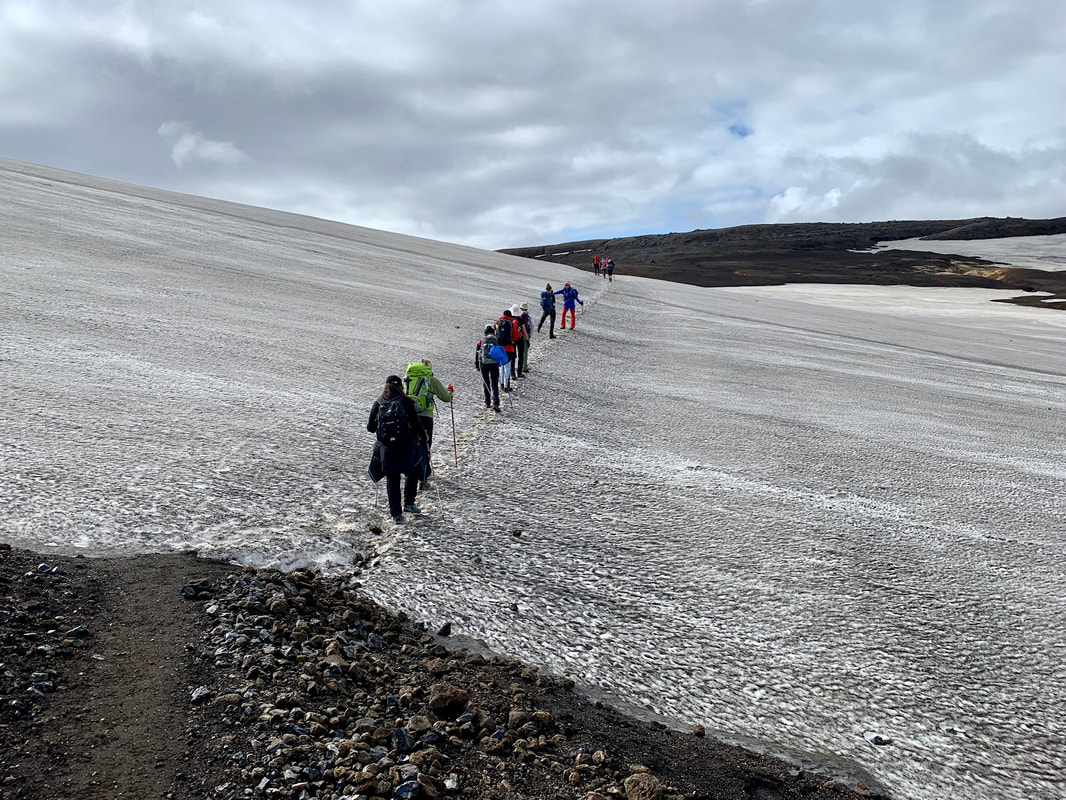
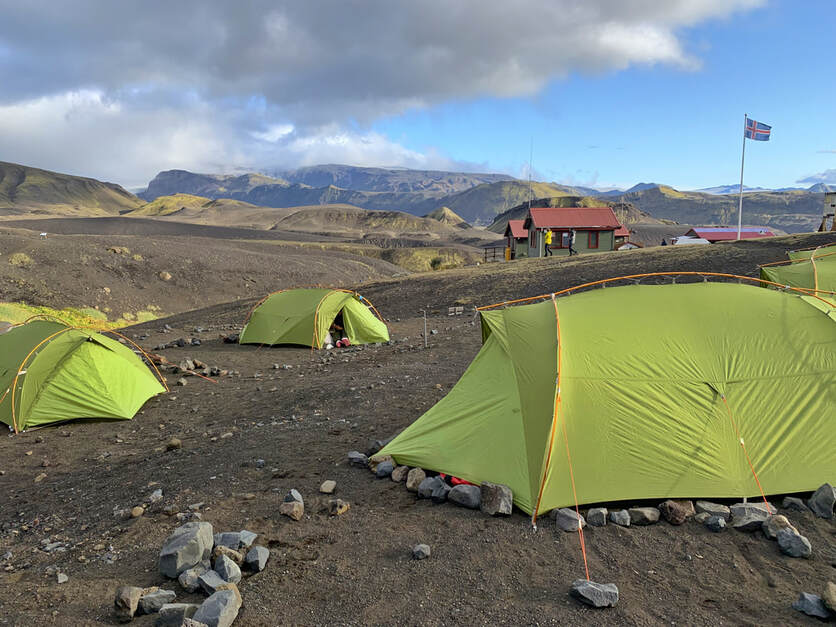
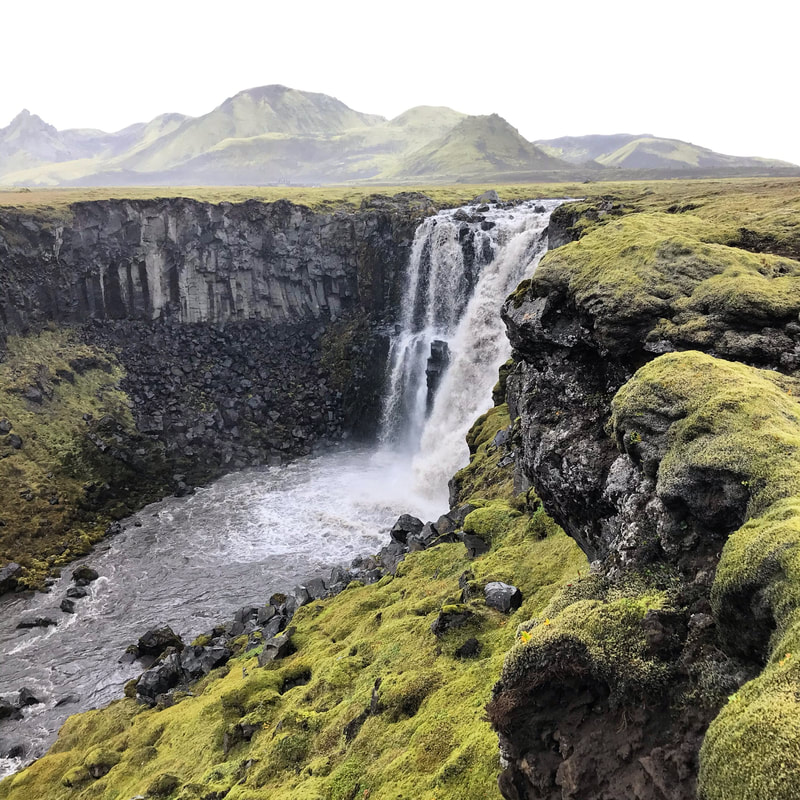
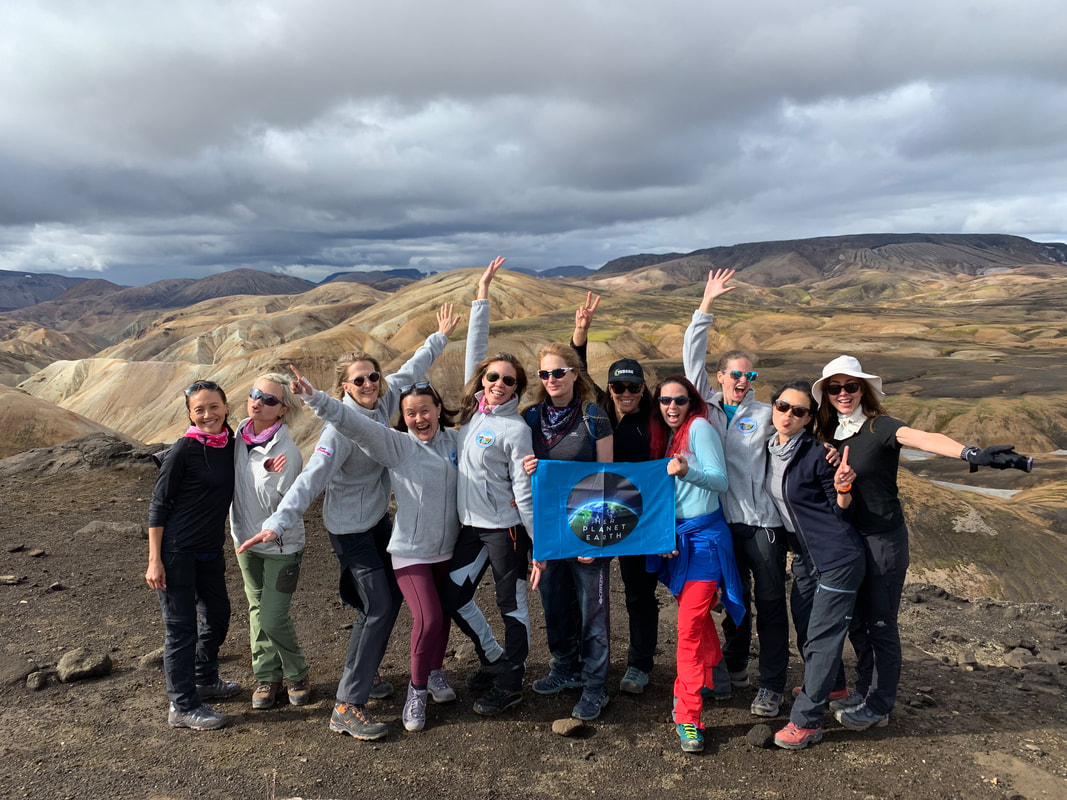
 RSS Feed
RSS Feed